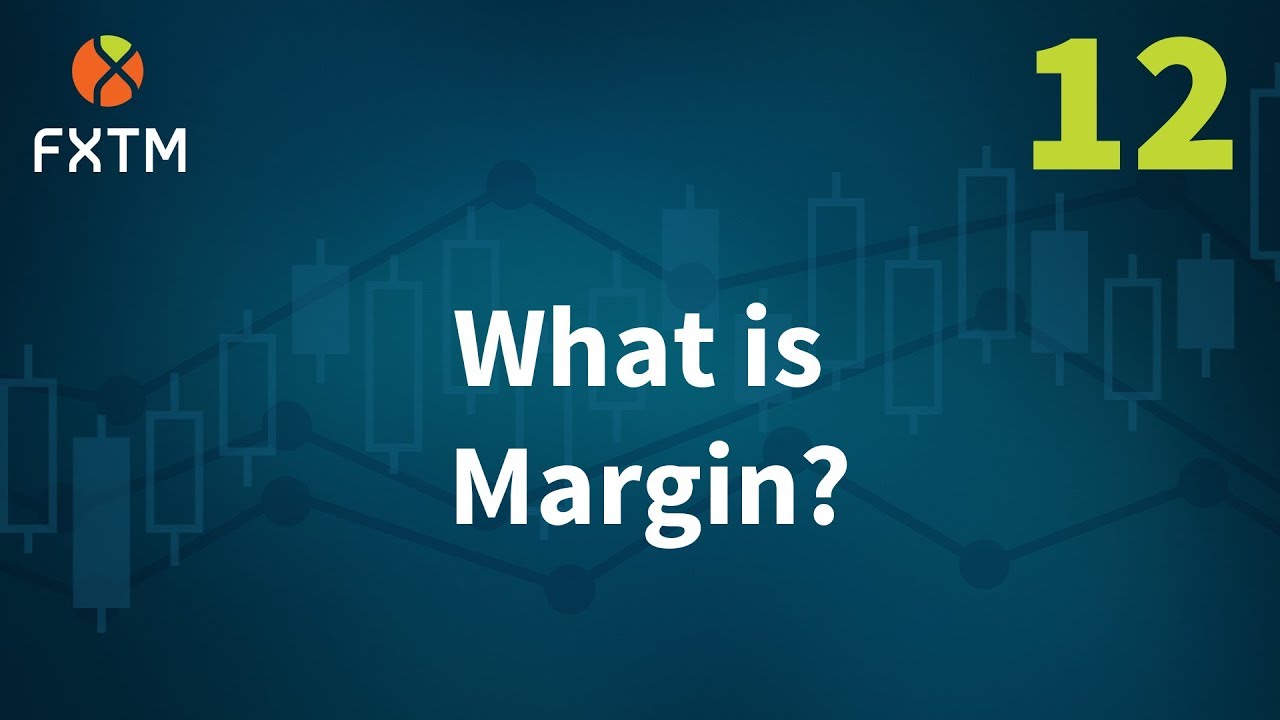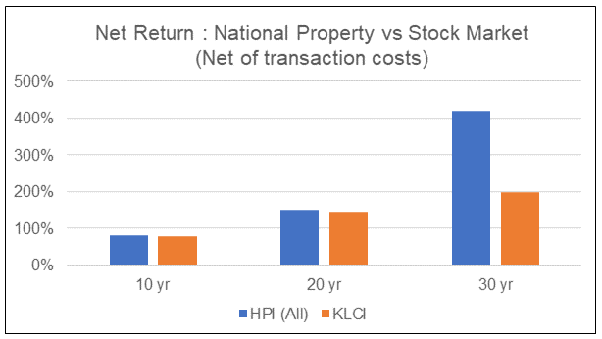
You might be new to trading on the stock market and are interested in options on futures. These contracts operate in the same way that equity options do, but the futures contract is the underlying securities. A call option gives you the ability to purchase futures contracts at a certain price. You can also sell futures contracts for a set price using a put option. This article explains index options.
Futures Options
Investors have the ability to trade options on futures in a range of markets. Trading options on futures can provide investors with better returns and more control of the underlying. Futures options are able to move at any time during the day. Before placing an order, traders should do extensive research and check them twice. Options are the most complex and risky exchange traded product, but they also offer the highest potential for profit. These options are not recommended for beginners.
Futures options allow investors to hedge against a decline in the price of an underlying futures instrument. Futures options provide investors with the opportunity to purchase or trade an underlying security like an index or currency. Futures options give investors the ability to speculate on future asset value and make profits by betting on market movement. A thorough understanding of options trading and futures is required to make sense of futures options.

Call options
There are many options for investors when it comes to agricultural commodities. Some prefer call options, and others prefer put options. These options are very similar, but they can't be leveraged. Farmers can, for instance, use options to hedge against the effects of bad weather. The prices of options can be higher than those of the underlying commodities. Therefore, the best way to use them is to invest in agricultural commodities with a low risk profile.
Put options
Futures options are derivatives that represent the price for physical commodities. Put options on futures can be called futures futures. They are offered on all major commodity exchanges. The implied volatility of put options is the variance that market consensus predicts will be present. To lock in your profits, you can either sell your put option or wait for the market to move in your favor. But you must be aware of the risks associated with selling put options.
While options and futures may have different leverages than options, they are both leveraged. You must be aware of the margin requirements when trading futures. The current margin requirements for futures contracts is $6300. The buyer of the option will not exercise the right to purchase futures contracts if they go up 25%. Rather, the buyer will let the option expire worthless, making the money transfered only the premium. If the strike price drops below the futures price, there will be no profit.
Index options
Stock index futures can give investors exposure for a wide range of shares. These derivatives can be used by portfolio managers to hedge against price changes and reduce their risks. Index futures can easily be purchased from the JSE's Equity Derivatives Service. They are cash settled and available for members. There are many options available to buy and sell index options at the JSE. The options listed below represent what the JSE offers as a product.

Consider an example: An investor purchases a call options on Index X for $11 and it has a strike of 505. The call option will be worth exactly $500 at this price. The $100 upfront premium is the maximum loss an option purchaser can suffer. Rest of $48,900 will be invested in another investment. An investor who has the index reach a strike price above will be paid $2,500 plus the $100 upfront premium.
FAQ
What are the pros of investing through a Mutual Fund?
-
Low cost - buying shares directly from a company is expensive. Purchase of shares through a mutual funds is more affordable.
-
Diversification is a feature of most mutual funds that includes a variety securities. If one type of security drops in value, others will rise.
-
Professional management - professional managers make sure that the fund invests only in those securities that are appropriate for its objectives.
-
Liquidity – mutual funds provide instant access to cash. You can withdraw your funds whenever you wish.
-
Tax efficiency - Mutual funds are tax efficient. As a result, you don't have to worry about capital gains or losses until you sell your shares.
-
Buy and sell of shares are free from transaction costs.
-
Easy to use - mutual funds are easy to invest in. All you need is a bank account and some money.
-
Flexibility: You can easily change your holdings without incurring additional charges.
-
Access to information – You can access the fund's activities and monitor its performance.
-
Investment advice – you can ask questions to the fund manager and get their answers.
-
Security - know what kind of security your holdings are.
-
Control - The fund can be controlled in how it invests.
-
Portfolio tracking allows you to track the performance of your portfolio over time.
-
Easy withdrawal - it is easy to withdraw funds.
There are disadvantages to investing through mutual funds
-
Limited investment options - Not all possible investment opportunities are available in a mutual fund.
-
High expense ratio - Brokerage charges, administrative fees and operating expenses are some of the costs associated with owning shares in a mutual fund. These expenses eat into your returns.
-
Lack of liquidity - many mutual funds do not accept deposits. They must be bought using cash. This limits the amount that you can put into investments.
-
Poor customer service - there is no single contact point for customers to complain about problems with a mutual fund. Instead, you should deal with brokers and administrators, as well as the salespeople.
-
It is risky: If the fund goes under, you could lose all of your investments.
How do I invest on the stock market
Brokers are able to help you buy and sell securities. Brokers can buy or sell securities on your behalf. When you trade securities, you pay brokerage commissions.
Banks typically charge higher fees for brokers. Banks often offer better rates because they don't make their money selling securities.
You must open an account at a bank or broker if you wish to invest in stocks.
If you hire a broker, they will inform you about the costs of buying or selling securities. The size of each transaction will determine how much he charges.
You should ask your broker about:
-
You must deposit a minimum amount to begin trading
-
What additional fees might apply if your position is closed before expiration?
-
What happens if your loss exceeds $5,000 in one day?
-
How long can you hold positions while not paying taxes?
-
How much you are allowed to borrow against your portfolio
-
whether you can transfer funds between accounts
-
how long it takes to settle transactions
-
How to sell or purchase securities the most effectively
-
How to avoid fraud
-
how to get help if you need it
-
whether you can stop trading at any time
-
whether you have to report trades to the government
-
Reports that you must file with the SEC
-
Whether you need to keep records of transactions
-
whether you are required to register with the SEC
-
What is registration?
-
How does it affect you?
-
Who must be registered
-
When do I need registration?
How Do People Lose Money in the Stock Market?
The stock market is not a place where you make money by buying low and selling high. You can lose money buying high and selling low.
Stock market is a place for those who are willing and able to take risks. They may buy stocks at lower prices than they actually are and sell them at higher levels.
They expect to make money from the market's fluctuations. They could lose their entire investment if they fail to be vigilant.
How do I choose an investment company that is good?
You want one that has competitive fees, good management, and a broad portfolio. Commonly, fees are charged depending on the security that you hold in your account. Some companies charge nothing for holding cash while others charge an annual flat fee, regardless of the amount you deposit. Others may charge a percentage or your entire assets.
You also need to know their performance history. A company with a poor track record may not be suitable for your needs. Companies with low net asset values (NAVs) or extremely volatile NAVs should be avoided.
Finally, you need to check their investment philosophy. An investment company should be willing to take risks in order to achieve higher returns. If they are unwilling to do so, then they may not be able to meet your expectations.
Statistics
- The S&P 500 has grown about 10.5% per year since its establishment in the 1920s. (investopedia.com)
- "If all of your money's in one stock, you could potentially lose 50% of it overnight," Moore says. (nerdwallet.com)
- Even if you find talent for trading stocks, allocating more than 10% of your portfolio to an individual stock can expose your savings to too much volatility. (nerdwallet.com)
- For instance, an individual or entity that owns 100,000 shares of a company with one million outstanding shares would have a 10% ownership stake. (investopedia.com)
External Links
How To
How to create a trading plan
A trading plan helps you manage your money effectively. This allows you to see how much money you have and what your goals might be.
Before creating a trading plan, it is important to consider your goals. You may want to make more money, earn more interest, or save money. If you're saving money, you might decide to invest in shares or bonds. If you're earning interest, you could put some into a savings account or buy a house. You might also want to save money by going on vacation or buying yourself something nice.
Once you have an idea of your goals for your money, you can calculate how much money you will need to get there. This depends on where your home is and whether you have loans or other debts. Also, consider how much money you make each month (or week). Income is the sum of all your earnings after taxes.
Next, make sure you have enough cash to cover your expenses. These expenses include bills, rent and food as well as travel costs. Your total monthly expenses will include all of these.
You will need to calculate how much money you have left at the end each month. That's your net disposable income.
You're now able to determine how to spend your money the most efficiently.
Download one online to get started. Ask someone with experience in investing for help.
Here's an example spreadsheet that you can open with Microsoft Excel.
This displays all your income and expenditures up to now. This includes your current bank balance, as well an investment portfolio.
Here's another example. This was created by an accountant.
It will let you know how to calculate how much risk to take.
Don't try and predict the future. Instead, focus on using your money wisely today.